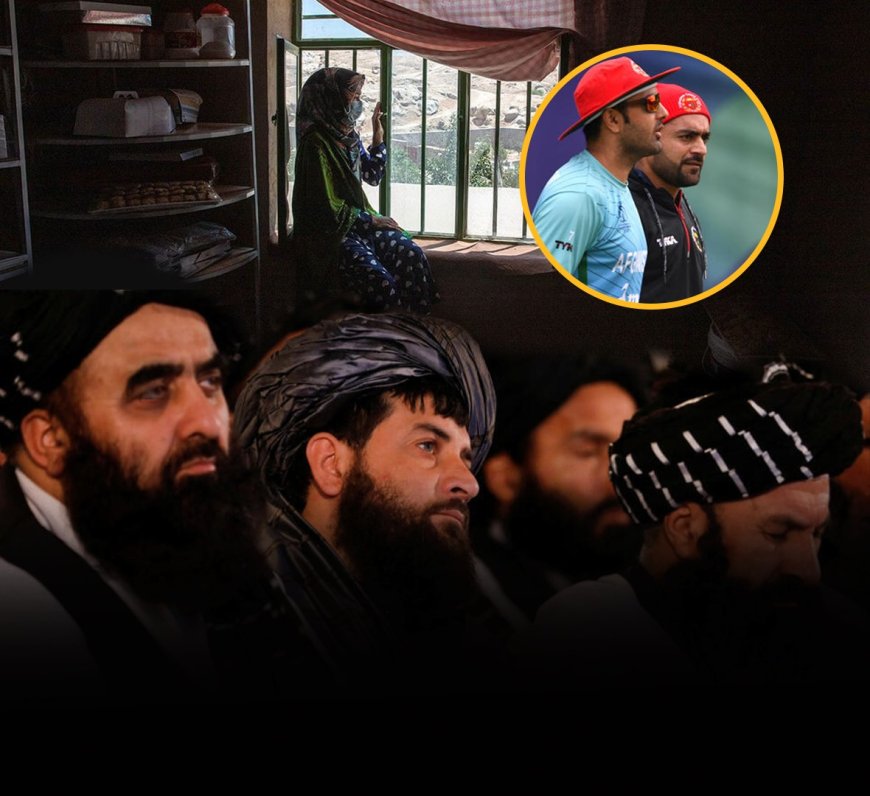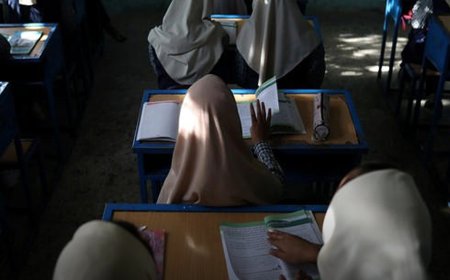UN, Afghan Cricketers Urges Taliban’s Ban on Women’s Medical Education
The UN and Afghan cricket stars urge the Taliban to reverse its ban on women's medical education, citing severe risks to healthcare and women's rights in Afghanistan.

Overview
The UN and prominent Afghan cricketers have condemned the Taliban's latest ban, which prohibits women and girls from attending private medical institutions in Afghanistan. The UN Human Rights Office (OHCHR) described the decision as "profoundly discriminatory" and warned that it will endanger women's lives in numerous ways.
Impact on Healthcare
Afghanistan already faces one of the highest maternal mortality rates globally, and the ban is expected to worsen women's access to healthcare. The country will also lose a vital new generation of nurses and midwives. Under Taliban rules, male medical staff cannot treat women unless accompanied by a male relative, making female healthcare workers crucial to providing care.
UN's Response
- Ravina Shamdasani, OHCHR spokesperson, called the ban a "direct blow" to Afghan women and girls, warning of its devastating impact on both healthcare and the country’s development.
- The UN Assistance Mission in Afghanistan (UNAMA) raised concerns that the ban further limits women's rights to education and healthcare.
- Richard Bennett, the UN Special Rapporteur on Afghanistan's human rights, labeled the decision "inexplicable and unjustifiable" and urged the Taliban to reverse it.
Cricketers Speak Out
In a rare show of solidarity, two of Afghanistan's top cricket stars, Rashid Khan and Mohammad Nabi, voiced their opposition to the ban.
- Rashid Khan emphasized that education is central to Islamic teachings, underscoring the need for equal access to education for both men and women.
- Mohammad Nabi described the ban as "deeply unjust" and "heartbreaking," advocating for women's rights to education and medical training.
What's Your Reaction?










































































































